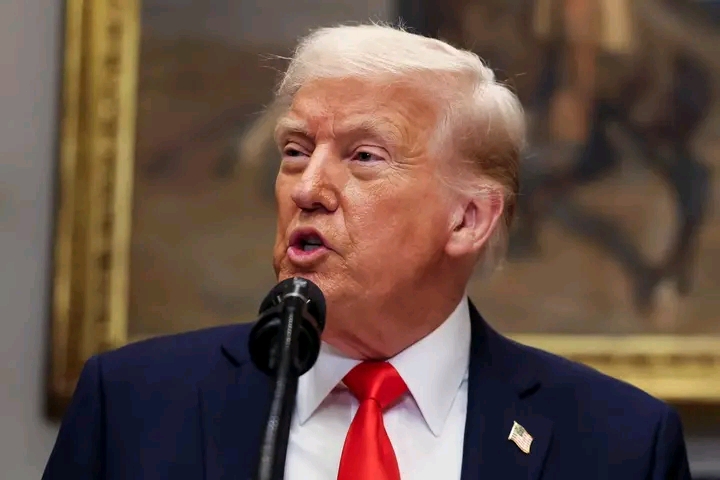Department of Education Cuts $1 Billion in Funding to Progressive NGOs
The Department of Education has made a significant decision to halt $1 billion in funding previously allocated to progressive non-governmental organizations (NGOs). This move marks a pivotal shift in the allocation of federal resources, reflecting a reevaluation of priorities within the education sector. The decision has sparked widespread discussion, with many questioning the implications for the programs and initiatives these NGOs support.
Progressive NGOs have long relied on federal funding to drive their missions, which often include advocacy for social justice, equity in education, and community-based initiatives. The withdrawal of such a substantial amount of funding raises concerns about the sustainability of these programs. Critics argue that this decision could disproportionately affect underserved communities that benefit from the services provided by these organizations.
Supporters of the funding cut, however, view it as a necessary step to reallocate resources toward other pressing educational needs. They argue that the funds could be better utilized to address systemic issues within the education system, such as improving infrastructure, enhancing teacher training, or expanding access to technology for students in rural areas. This perspective highlights the ongoing debate over how best to allocate limited resources to achieve the greatest impact.
The decision also underscores a broader ideological divide regarding the role of NGOs in shaping public policy. While some see these organizations as essential partners in addressing societal challenges, others question the influence of politically aligned groups in federal funding decisions. This tension reflects the complexities of balancing diverse perspectives in the policymaking process.
As the Department of Education moves forward with this new direction, the long-term effects of this funding cut remain to be seen. Will it lead to a more efficient use of resources, or will it leave critical gaps in services that these NGOs once filled? Only time will tell how this decision will reshape the landscape of educational funding and advocacy.






